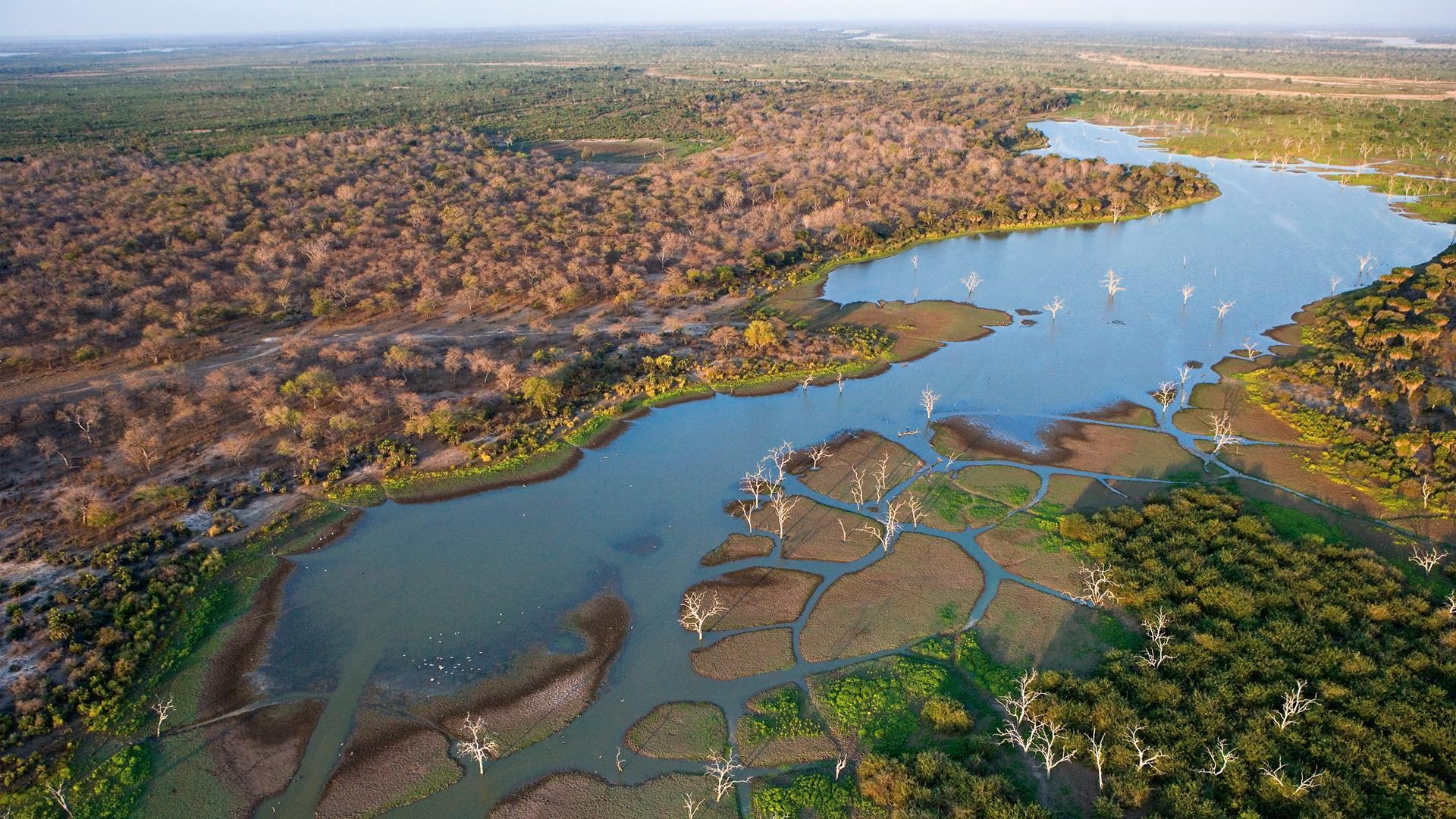Africa-Press – Botswana. Researchers and scientists from Researchers and scientists from Okavango Research Institute (ORI) and French National Centre for Scientific Research have hosted a three-day workshop in Maun to discuss the future of the Okavango Delta and gain insight into its ecosystem dynamics.
The workshop follows a partnership between the two institutions with focus on the Alkaline wetlands specifically within the delta.
Dr Nashaat Mazuri from ORI explained that through the workshop, participants would share the findings of what they had been doing and also strengthen stakeholder collaboration.
“We have officials from department of water and sanitation, Water Utilities Corporation and the local councils who will communicate findings, and discuss research priorities. This will inform government on policies to improve socio-economic development of the people,” she added.
Giving an overview of the delta, a hydrologist from ORI, Mr Edwin Mosimanyana said the delta had multidisciplinary scientific significance, highlighting that it was a UNESCO World Heritage site and Ramsar site which makes it a wetland of international importance.
With regard to threats and challenges, Mr Mosimanyana highlighted climate change, human pressure, hydraulic structures and tourism footprint.
Presenting on the important ecological characteristics of the delta hydrology, Professor Mike Murray-Hudson shared that the seasonal inter annual and multi-decadal variation of inflows were the primary drivers of the extraordinary high biodiversity and high densities of large mammals in northern Botswana.
Inflows to the delta, he said were driven by a complex interplay between seasonal rainfall, local hydrogeology including extensive peatlands, which both stored water and acted as an aquitard to groundwater discharge to stream flows and groundwater storage.
Furthermore, he said majority of the catchment was underlined by varying thickness of unconsolidated Kalahari sands with high porosity, adding that there were outcrops of hard rock in the extreme north-west of the basin.
Prof. Murray-Hudson said there was significant groundwater storage of the delta and floods extents for each year were buffered twice, from catchment groundwater release and the antecedent delta storage.
The gathering learnt such produced a hysteresis effect, which tend to amplify longer-term sequences of wetter or drier years and their potential to effect changes in flooding extent. The workshop was themed: The Okavango Delta: Integrated multidisciplinary science for a sustainable future.
For More News And Analysis About Botswana Follow Africa-Press






